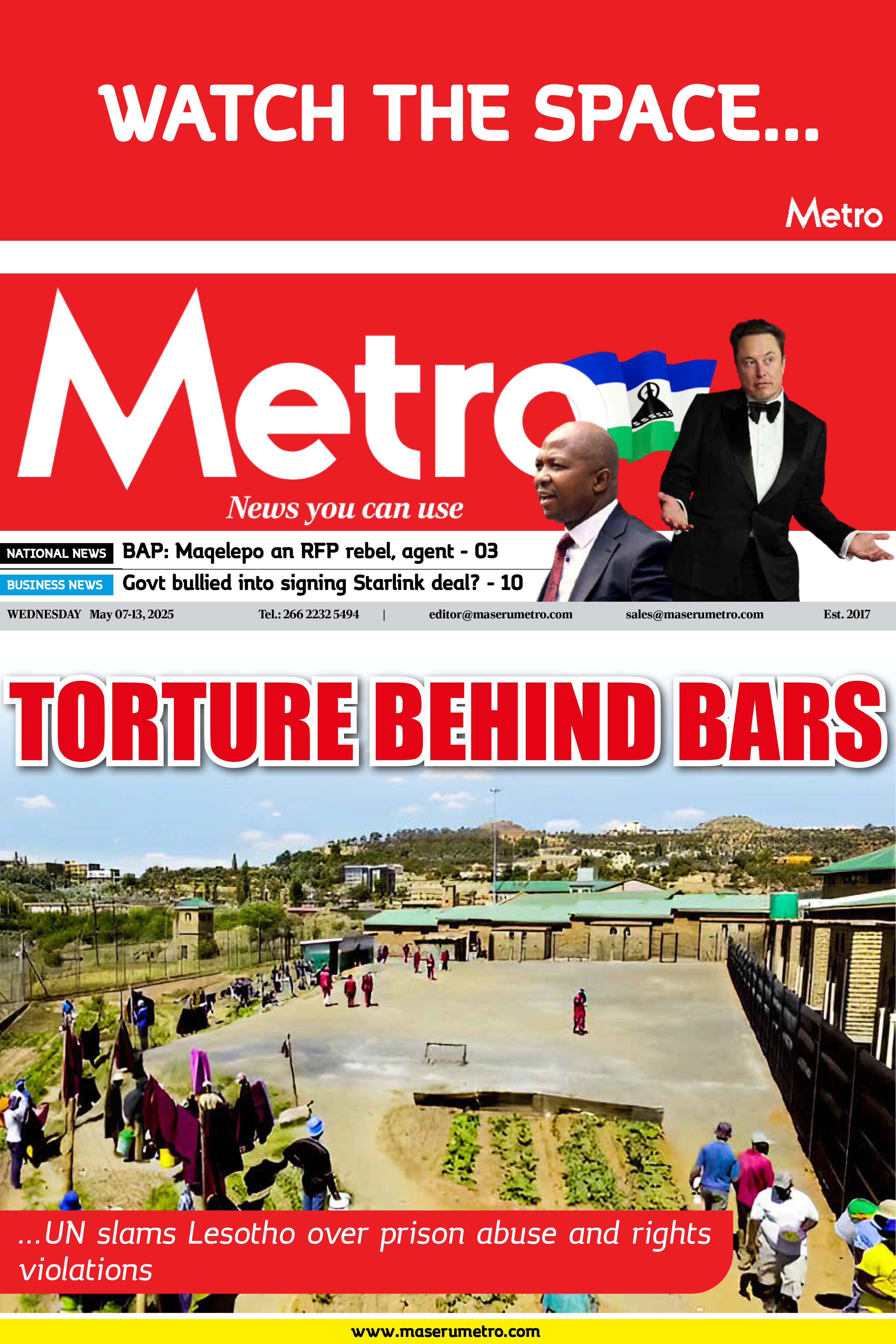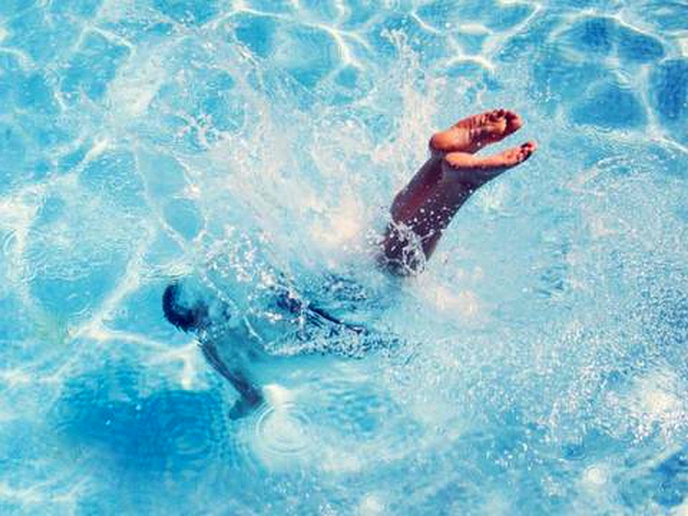Mikhail Gorbachev, the former Soviet leader who brought the Cold War to a peaceful end, has died aged 91.
world
Aug. 31, 2022
MATT MURPHY AND ROBERT GREENALL, BBC NEWS
9 min read
Last Soviet leader Mikhail Gorbachev dies at 91
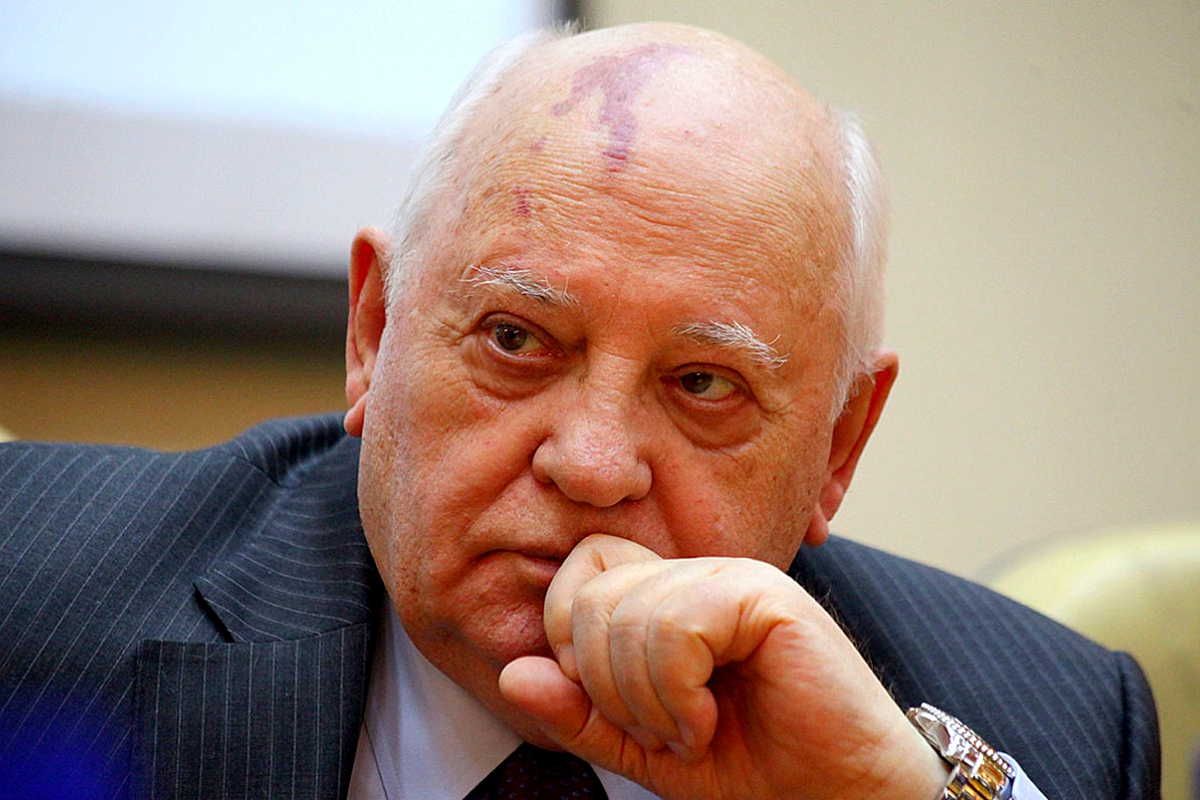
- Mikhail Gorbachev died on August 30 2022, aged 91
Story highlights
Mr Gorbachev, who took power in 1985, opened up the then-USSR to the world and introduced a set of reforms at home.
But he was unable to prevent the slow collapse of the Soviet Union, from which modern Russia emerged.
Tributes have been paid worldwide, with UN chief Antonio Guterres saying he "changed the course of history".
"Mikhail Gorbachev was a one-of-a kind statesman," UN Secretary General Mr Guterres wrote in a Twitter tribute. "The world has lost a towering global leader, committed multilateralist, and tireless advocate for peace."
The hospital where he died said he had been suffering from a long and serious illness. In recent years his health has been in decline and he had been in and out of hospital.
In June, international media reported that he had been admitted to hospital after suffering from a kidney ailment, though his cause of death has not been announced.
Russian President Vladimir Putin expressed his deepest condolences following Mr Gorbachev's death, his spokesman Dmitry Peskov told Russian news agency Interfax, according to Reuters.
European Union President Ursula von der Leyen praised him as a "trusted and respected leader" who "opened the way for a free Europe".
"This legacy is one we will not forget," she added.
UK Prime Minister Boris Johnson said he admired Mr Gorbachev's courage and integrity.
"In a time of Putin's aggression in Ukraine, his tireless commitment to opening up Soviet society remains an example to us all," he said.
Mr Gorbachev became general secretary of the Soviet Communist Party, and de facto leader of the country, at the age of 54.
At the time, he was the youngest member of the ruling council known as the Politburo, and was seen as a breath of fresh air after several ageing leaders. His predecessor, Konstantin Chernenko, had died aged 73 after just over a year in office.
His policy of glasnost, or openness, allowed people to criticise the government in a way which had been previously unthinkable.
But it also unleashed nationalist sentiments in many regions of the country which eventually led to its collapse.
Internationally he reached arms control deals with the US and refused to intervene when eastern European nations rose up against their Communist rulers.
He is seen in the West as an architect of reform who created the conditions for the end of the Cold War in 1991 - a time of deep tensions between the Soviet Union and Western nations, including the US and Britain.
He was awarded the Nobel Peace Prize in 1990 "for the leading role he played in the radical changes in East-West relations".
But in the new Russia that emerged after 1991 he has been on the fringes of politics, focusing on educational and humanitarian projects.
Mr Gorbachev made one ill-fated attempt to return to political life in 1996, receiving just 0.5% of the vote in presidential elections.
His divisive legacy is reflected in the tributes that followed his death.
Henry Kissinger, who served as US Secretary of State under President Richard Nixon, told the BBC's Newsnight programme that Mr Gorbachev will be "remembered in history as a man who started historic transformations that were to the benefit of mankind and to the Russian people".
James Baker, who negotiated the reunification of Germany with Mr Gorbachev's government, told the New York Times that "history will remember Mikhail Gorbachev as a giant who steered his great nation towards democracy".
But many Russians never forgave him for the turmoil that followed the collapse of the USSR.
Vladimir Rogov, a Russian-appointed official in occupied Ukraine, said Mr Gorbachev had "deliberately led the (Soviet) Union to its demise" and called him a traitor.
He will be buried in Moscow's Novodevichy cemetery, the resting place of many prominent Russians, next to his wife Raisa who died of leukaemia in 1999, Tass news agency said.
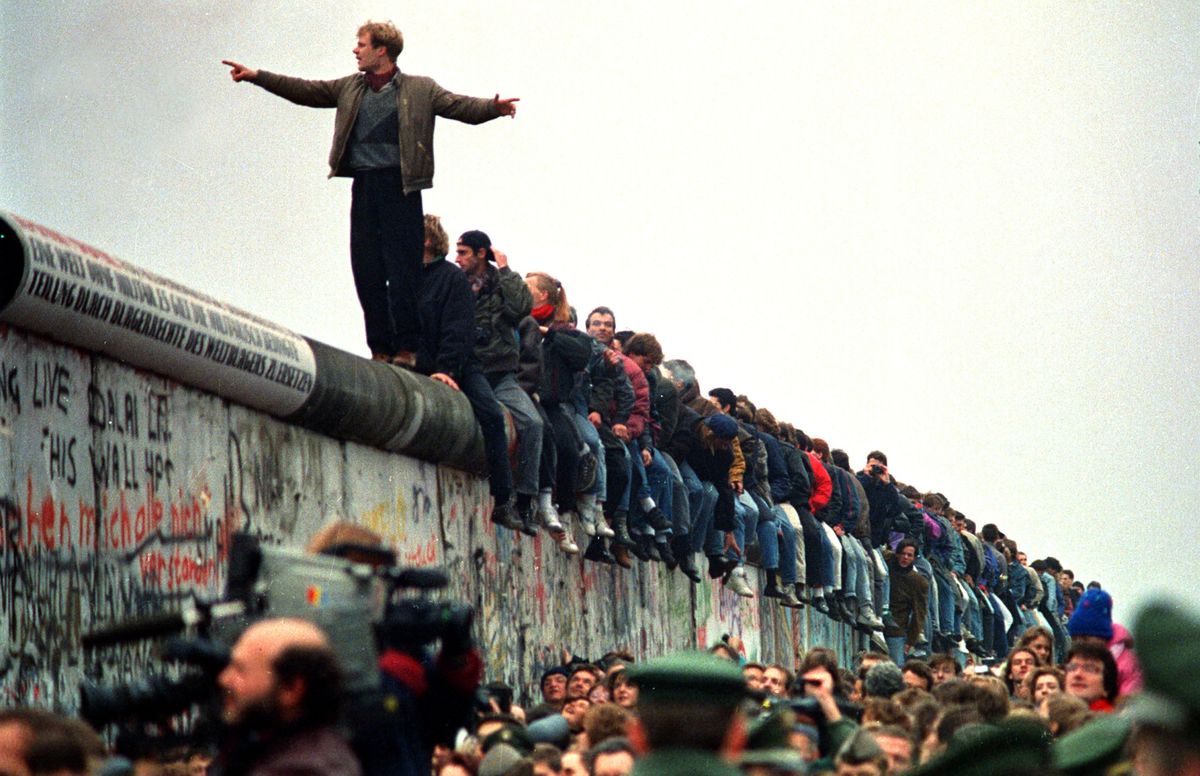
- Fall of the Berlin Wall: On November 9 1989, Berlin Wall dividing communist East Germany from West Germany crumble
Enjoy our daily newsletter from today
Access exclusive newsletters, along with previews of new media releases.
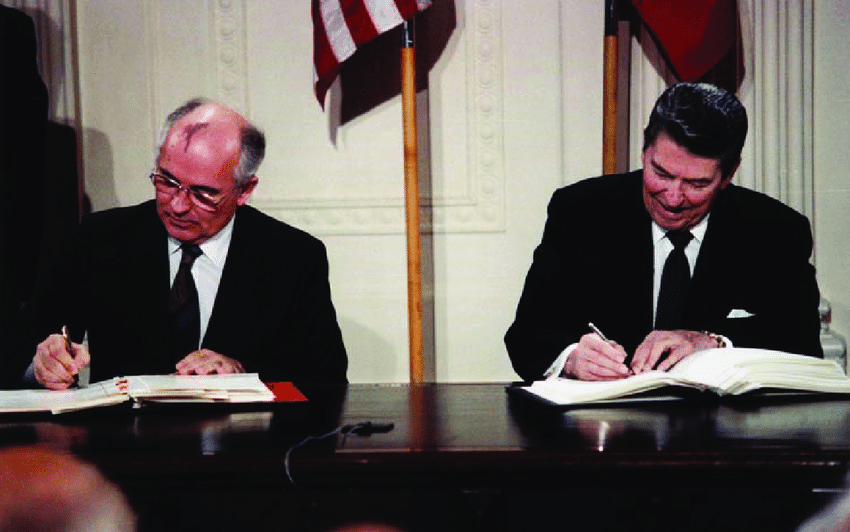
- Ronald Reagan and Mikhail Gorbachev signing the Intermediate-Range Nuclear Forces Treaty in 1987.
OBITUARY
Mikhail Gorbachev: The Soviet leader who helped end the Cold War
Mikhail Gorbachev was one of the most influential political figures of the 20th Century.
He presided over the dissolution of a Soviet Union that had existed for nearly 70 years and had dominated huge swathes of Asia and Eastern Europe.
Yet, when he set out his programme of reforms in 1985, his sole intention had been to revive his country's stagnant economy and overhaul its political processes.
His efforts became the catalyst for a series of events that brought an end to communist rule, not just within the USSR, but also across its former satellite states.
Mikhail Sergeyevich Gorbachev was born on 2 March 1931 in the Stavropol region of southern Russia.
His parents both worked on collective farms and the young Gorbachev operated combine harvesters while in his teens.
By the time he graduated from Moscow State University in 1955 he was an active member of the Communist Party.
On his return to Stavropol with his new wife Raisa, he began a rapid rise through the regional party structure.
Gorbachev was one of a new generation of party activists who became increasingly impatient with the ageing figures at the top of the Soviet hierarchy.
By 1961 he was regional secretary of the Young Communist League and had become a delegate to the Party Congress.
His role as an agricultural administrator gave him the opportunity to introduce innovations and this, coupled with his status in the party, gave him considerable influence in the region.
Breath of fresh air
In 1978 he went to Moscow as a member of the Central Committee's Secretariat for Agriculture and just two years later he was appointed a full member of the Politburo.
During Yuri Andropov's tenure as general secretary, Gorbachev made a number of trips abroad, including a 1984 visit to London where he made an impression on Prime Minister Margaret Thatcher.
In a BBC interview she said she was optimistic about future relations with the USSR. "I like Mr Gorbachev," she said. "We can do business together."
Gorbachev had been expected to succeed Andropov when the latter died in 1984 but instead the ailing Konstantin Chernenko became general secretary.
Within a year, he too was dead and Gorbachev, the youngest member of the Politburo, succeeded him.
He was the first general secretary to have been born after the 1917 revolution and was seen as a breath of fresh air after the stagnation of the Leonid Brezhnev years.
Gorbachev's stylish dress and open, direct manner were unlike those of any of his predecessors, and Raisa was more like an American first lady than a general secretary's wife.
Free market
His first task was to revive the moribund Soviet economy, which was almost at the point of collapse.
He was also shrewd enough to understand that there needed to be root-and-branch reform of the Communist Party itself if his economic reforms were to succeed.
Gorbachev's solution brought two Russian words into common usage. He said the country needed "perestroika" or restructuring and his tool for dealing with it was "glasnost" - openness.
"You're lagging behind the rest of the economy," he told the communist bosses of Leningrad, which was renamed Saint Petersburg in 1991. "Your shoddy goods are a disgrace."
But it was not his intention to replace state control with a free market economy - as he made clear in a speech to party delegates in 1985.
"Some of you look at the market as a lifesaver for your economies. But, comrades, you should not think about lifesavers but about the ship, and the ship is socialism."
His other weapon for dealing with the stagnation of the system was democracy. For the first time there were free elections for the Congress of People's Deputies.
Toughest test
This relaxation of the repressive regime caused a stirring among the many diverse nationalities that comprised the sprawling Soviet Union. Riots in Kazakhstan in December 1986 heralded a period of unrest.
Gorbachev wanted to end the Cold War, successfully negotiating with US President Ronald Reagan for the abolition of a whole class of weapons through the Intermediate Nuclear Forces treaty.
And he announced unilateral cuts in Soviet conventional forces, while finally ending the humiliating and bloody occupation of Afghanistan.
But his toughest test came from those countries that had been unwillingly annexed by the Soviet Union.
Here openness and democracy led to calls for independence, which initially Gorbachev put down by force.
The break-up of the USSR began in the Baltic republics in the north. Latvia, Lithuania and Estonia broke free from Moscow, starting a rollercoaster that spread to Russia's Warsaw Pact allies.
It culminated on 9 November 1989 when, following mass demonstrations, the citizens of East Germany, the most hard-line of the Soviet satellites, were allowed to cross freely into West Berlin.
Gorbachev's reaction was not to send in tanks, the traditional Soviet reaction to such blatant opposition, but to announce that reunification of Germany was an internal German affair.
In 1990, Gorbachev was awarded the Nobel Peace Prize "for the leading role he played in the radical changes in East-West relations".
But by August 1991 the communist old guard in Moscow had had enough. They staged a military coup and Gorbachev was arrested while holidaying on the Black Sea.
The Moscow party boss, Boris Yeltsin, seized his chance, ending the coup, arresting the demonstrators and stripping Gorbachev of almost all his political power in return for his freedom.
Six months later, Gorbachev had gone; the Communist Party itself was outlawed and Russia set out on a new, uncertain, future.
Later years
Mikhail Gorbachev continued to play a vocal role in both Russian and international matters, but his reputation abroad was always higher than at home.
When he stood for the Russian presidency in 1996 he received less than 5% of the vote.
During the 1990s he took to the international lecture circuit and kept up contacts with world leaders, remaining a heroic figure to many non-Russians, winning numerous awards and honours.
He suffered a personal blow in 1999 when Raisa died of leukaemia. Her constant presence at his side had lent a humanising touch to his political reforms.
Gorbachev remained a strong critic of President Vladimir Putin, who he accused of running an increasingly repressive regime.
"Politics is increasingly turning into imitation democracy, said Gorbachev, "with all power in the hands of the executive branch."
However, in 2014, Gorbachev defended the referendum that led to Russia's annexation of Crimea.
"While Crimea had previously been joined to Ukraine based on the Soviet laws, which means party laws, without asking the people," Gorbachev declared, "now the people themselves have decided to correct that mistake."
On Gorbachev's 90th birthday in March 2021, President Putin praised him as "one of the most outstanding statesmen of modern times who made a considerable impact on the history of our nation and the world".
And Gorbachev's own views of his legacy? It was right to end the totalitarian system and the Cold War, and reduce nuclear weapons, he said.
But there was still lament over the coup and the end of the Soviet Union. Many Russians still hold him responsible for its collapse.
Although a pragmatic and rational politician, Mikhail Gorbachev failed to realise that it was impossible to bring in his reforms without destroying a centralised communist system that millions in the USSR and beyond no longer wanted.
Tailored for you
